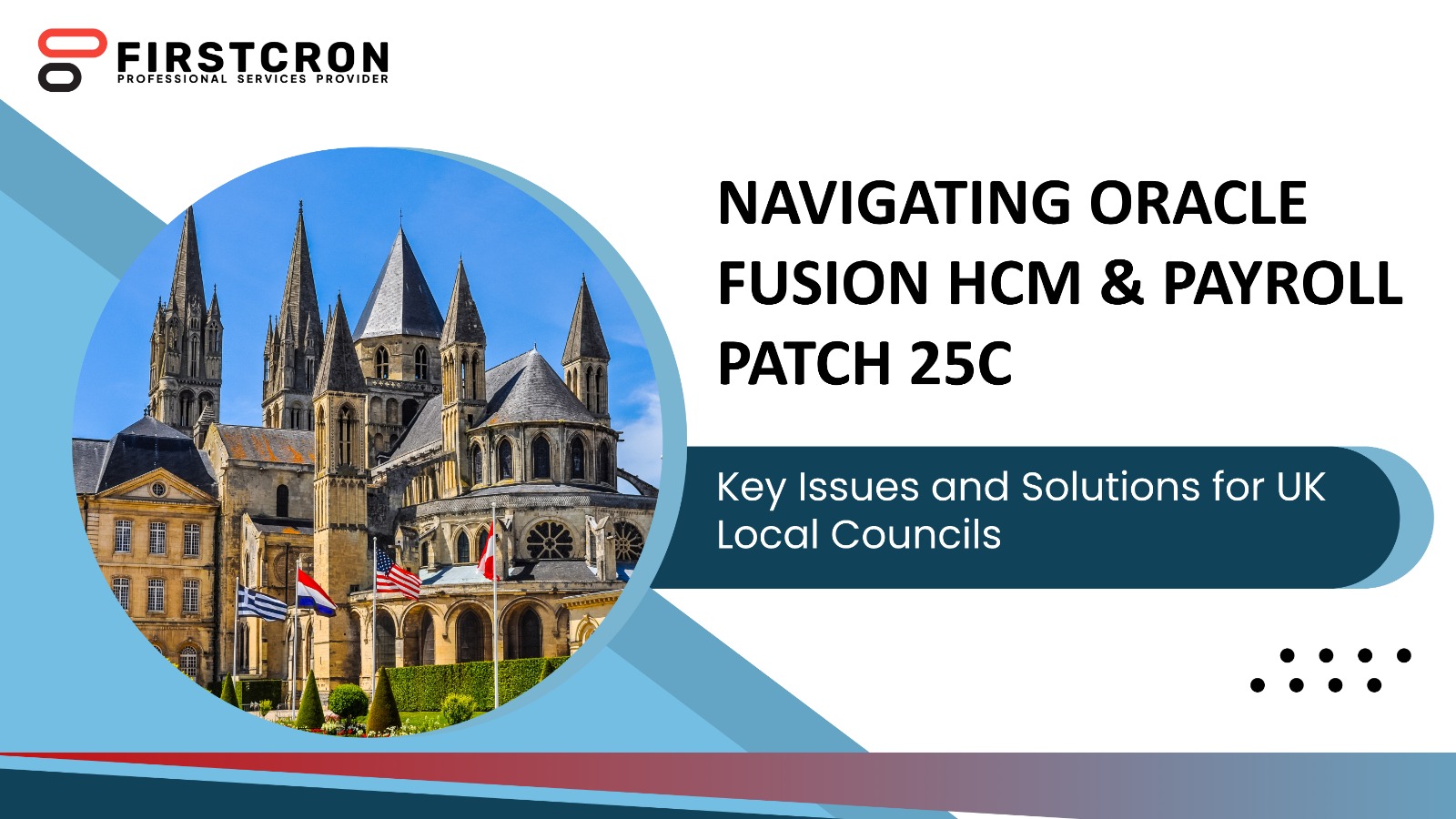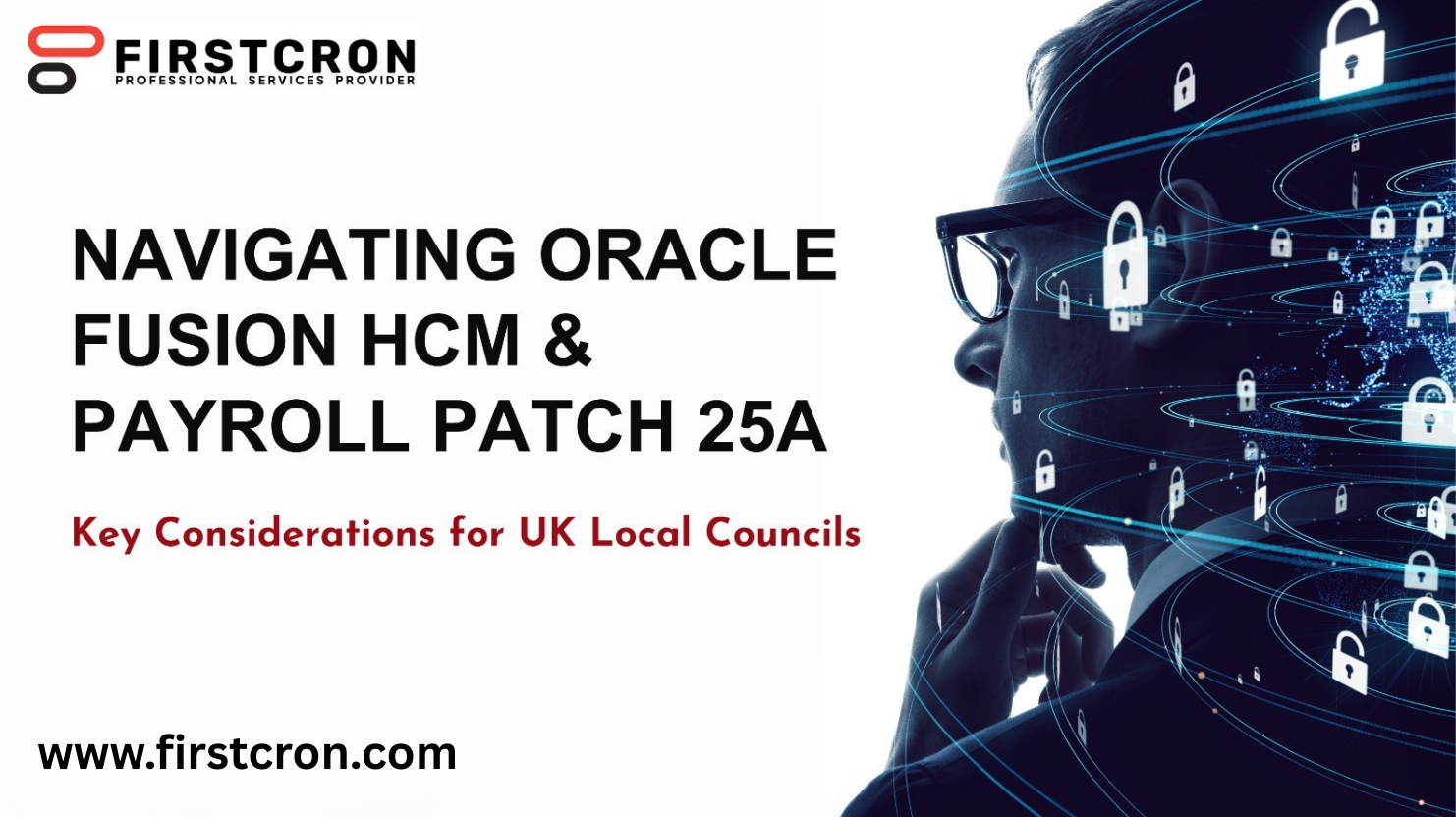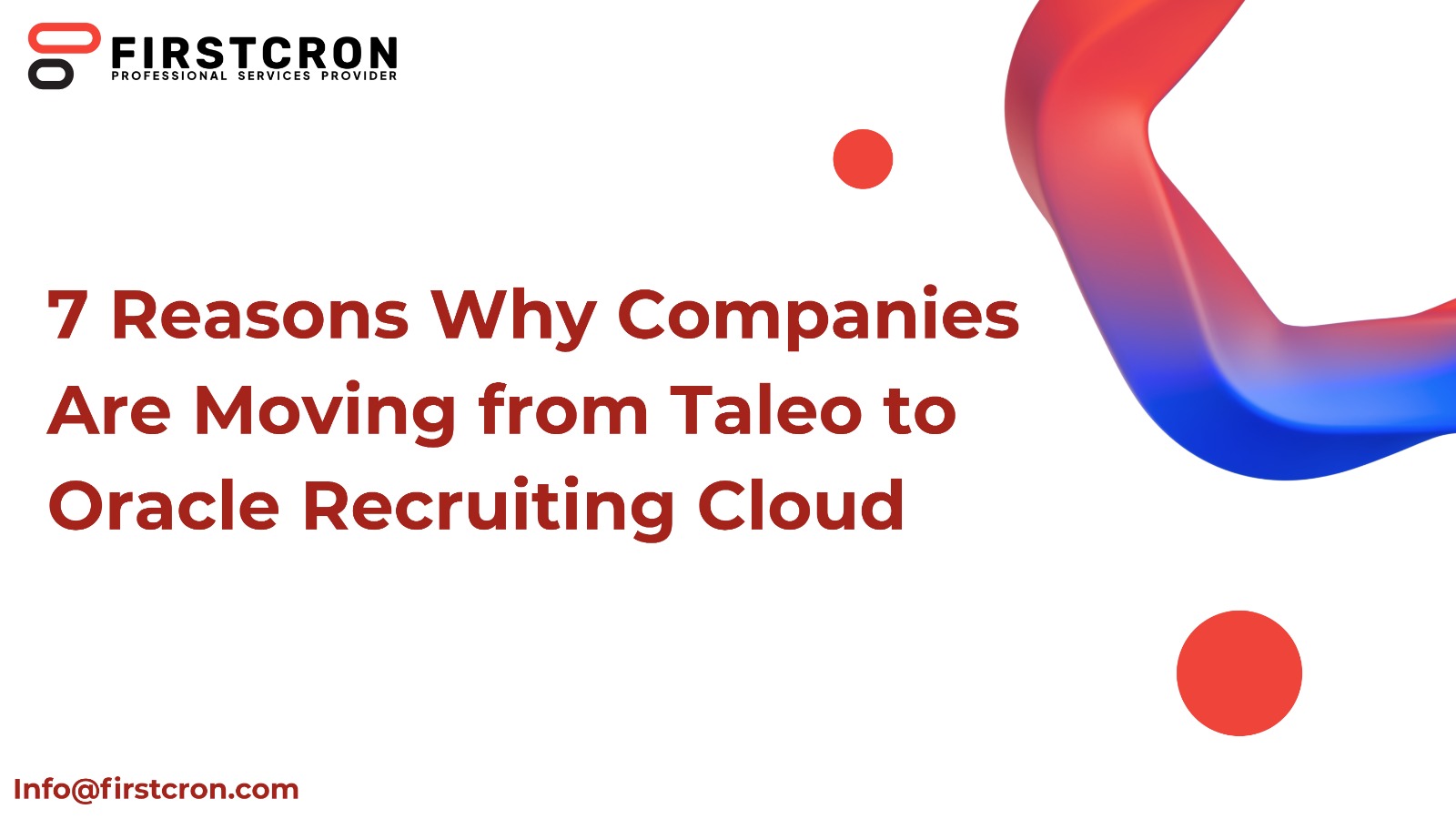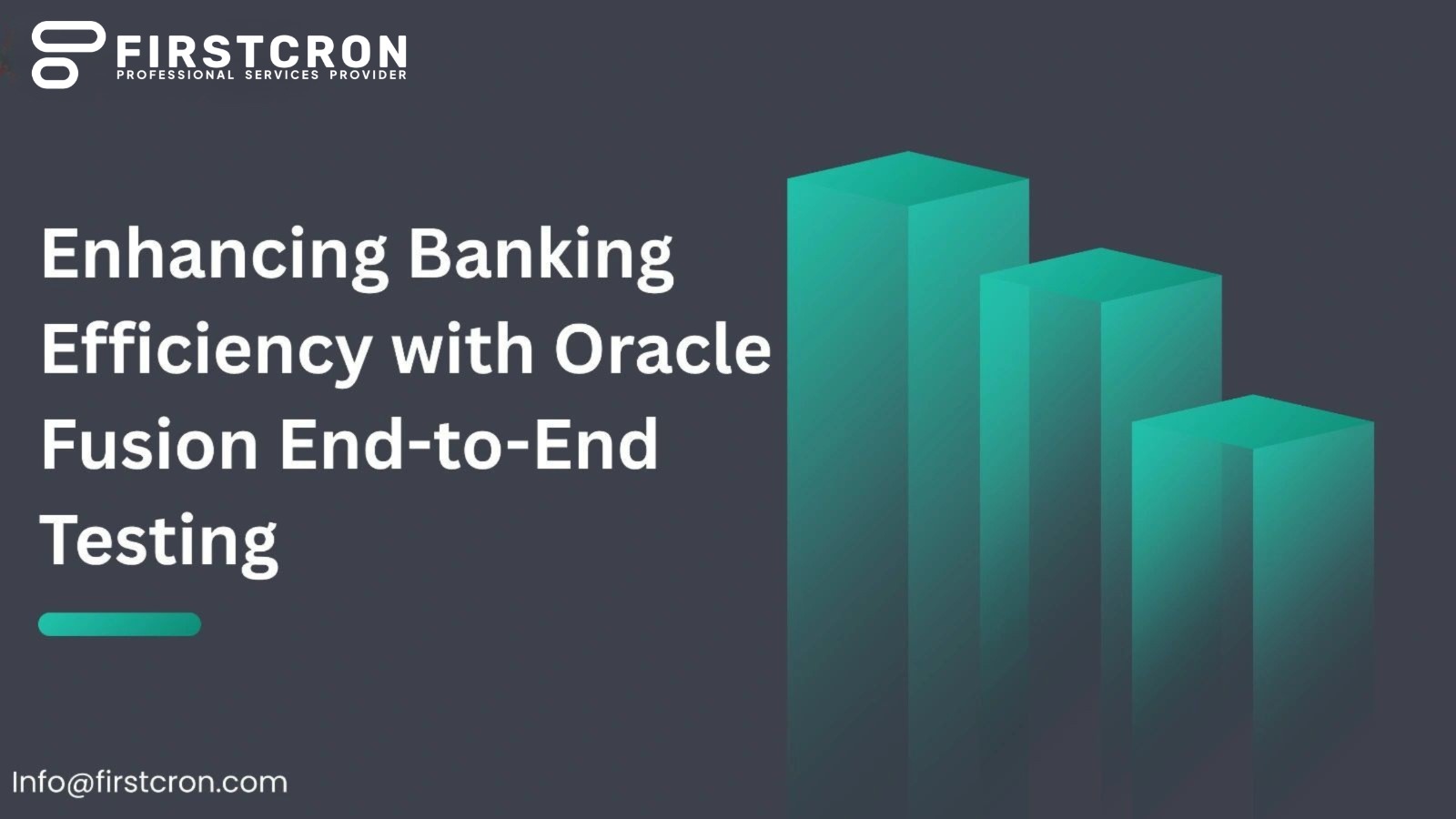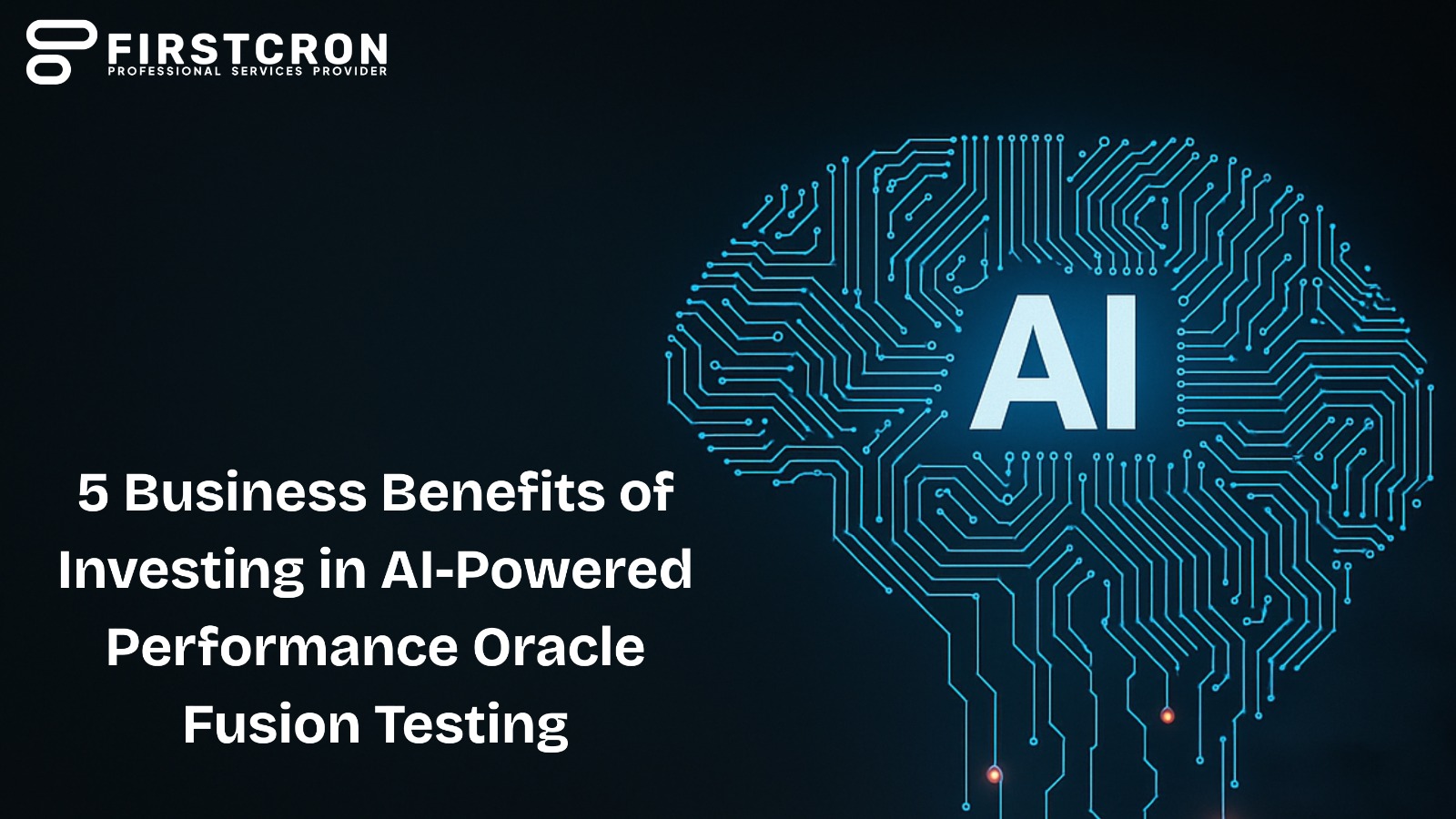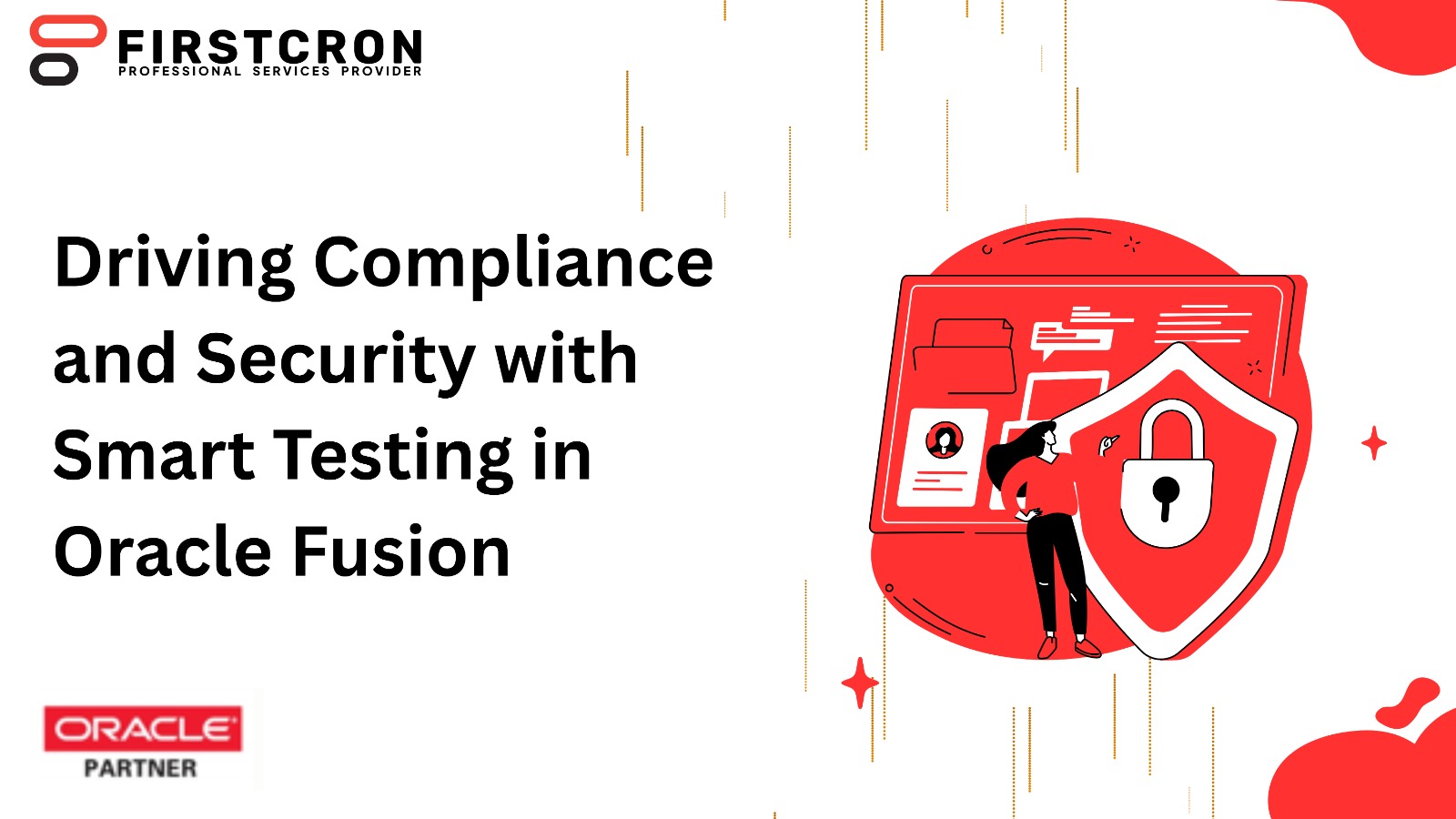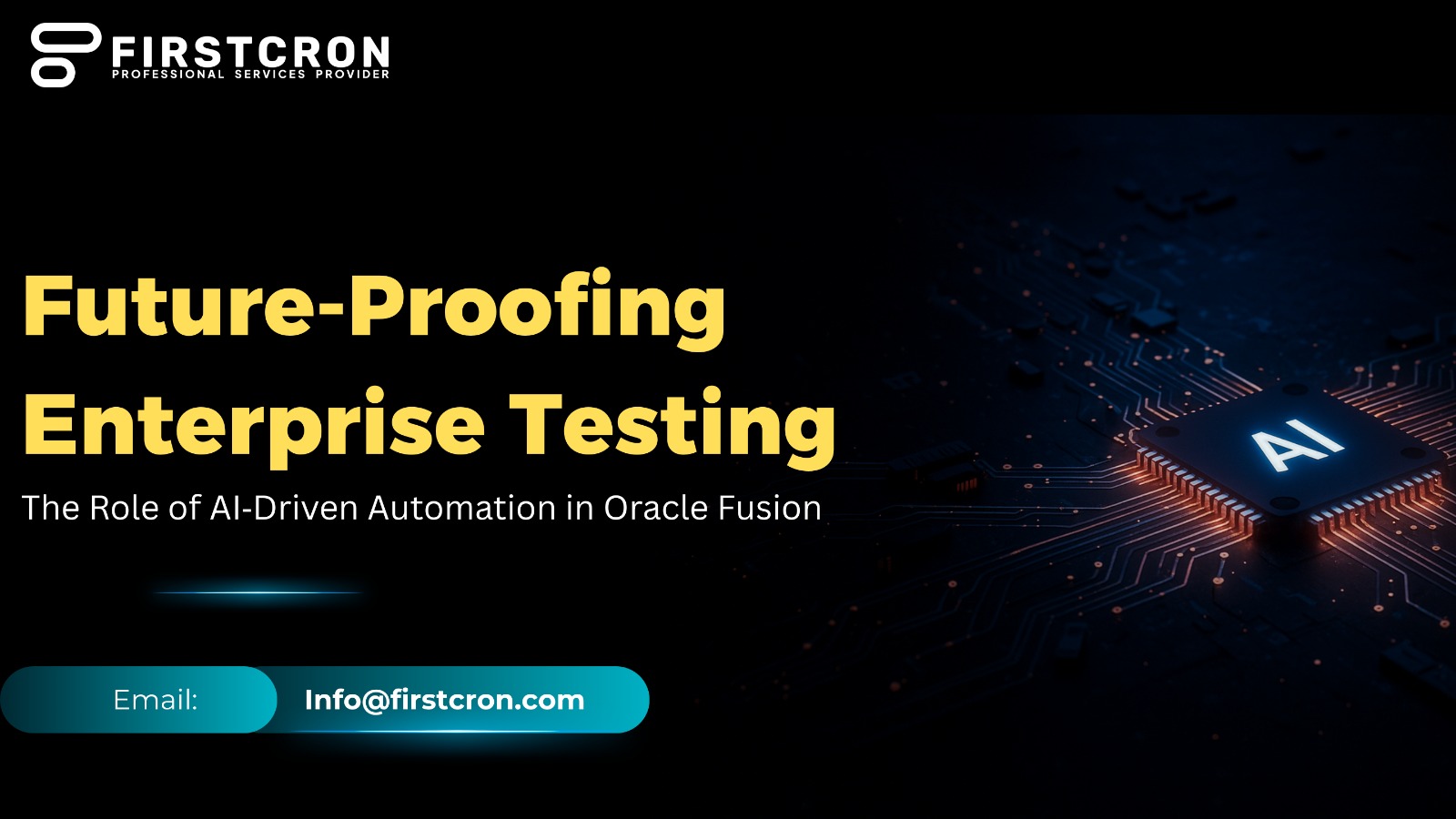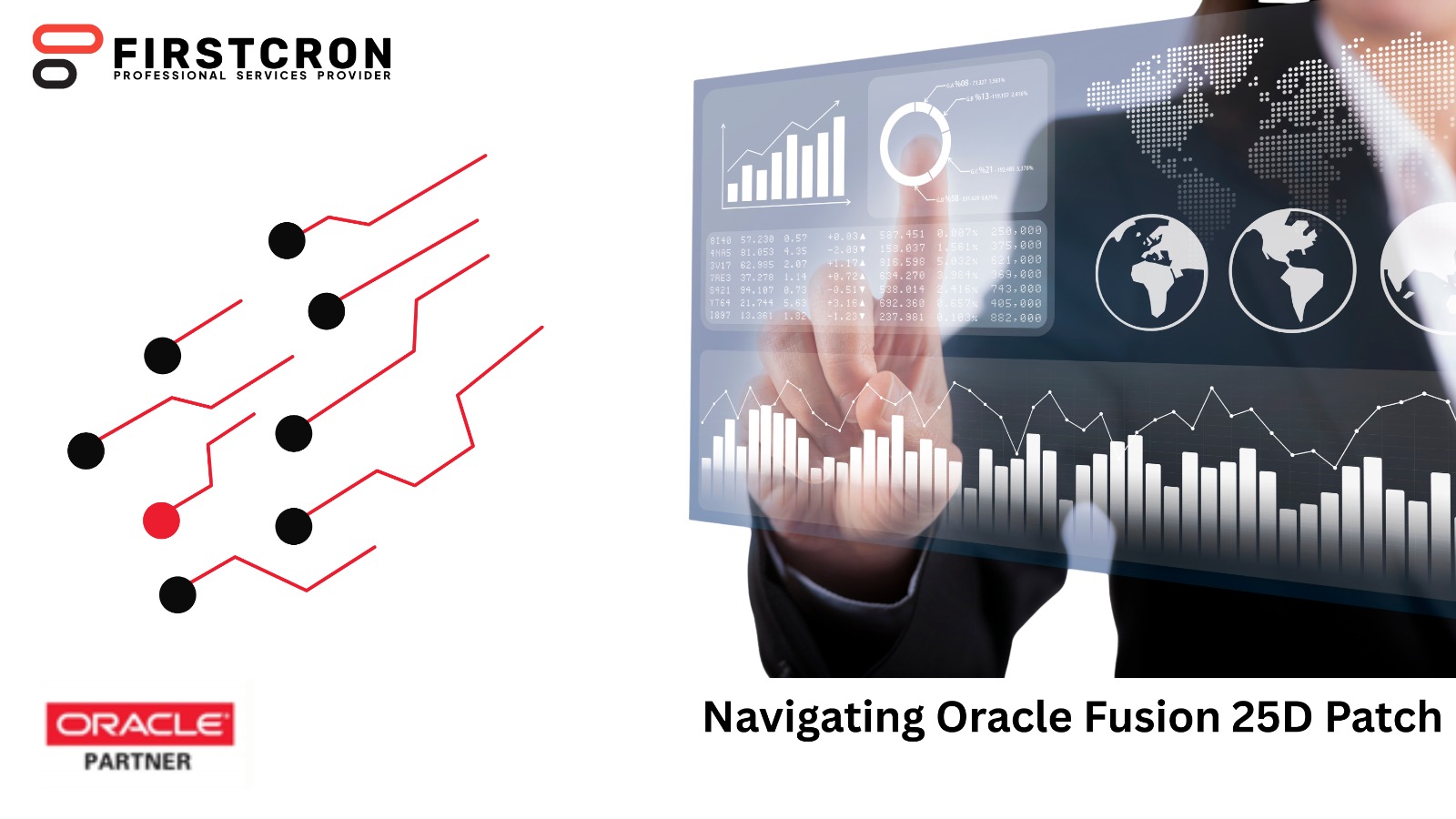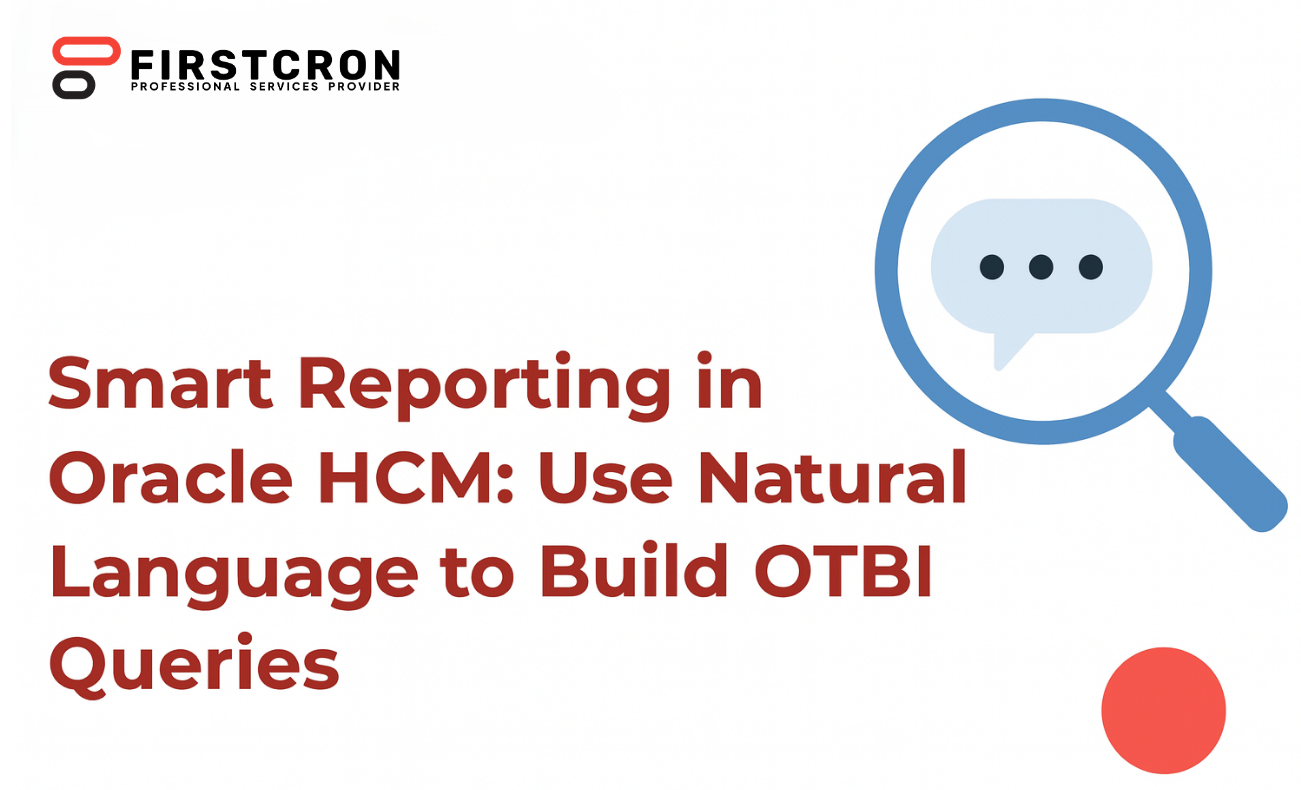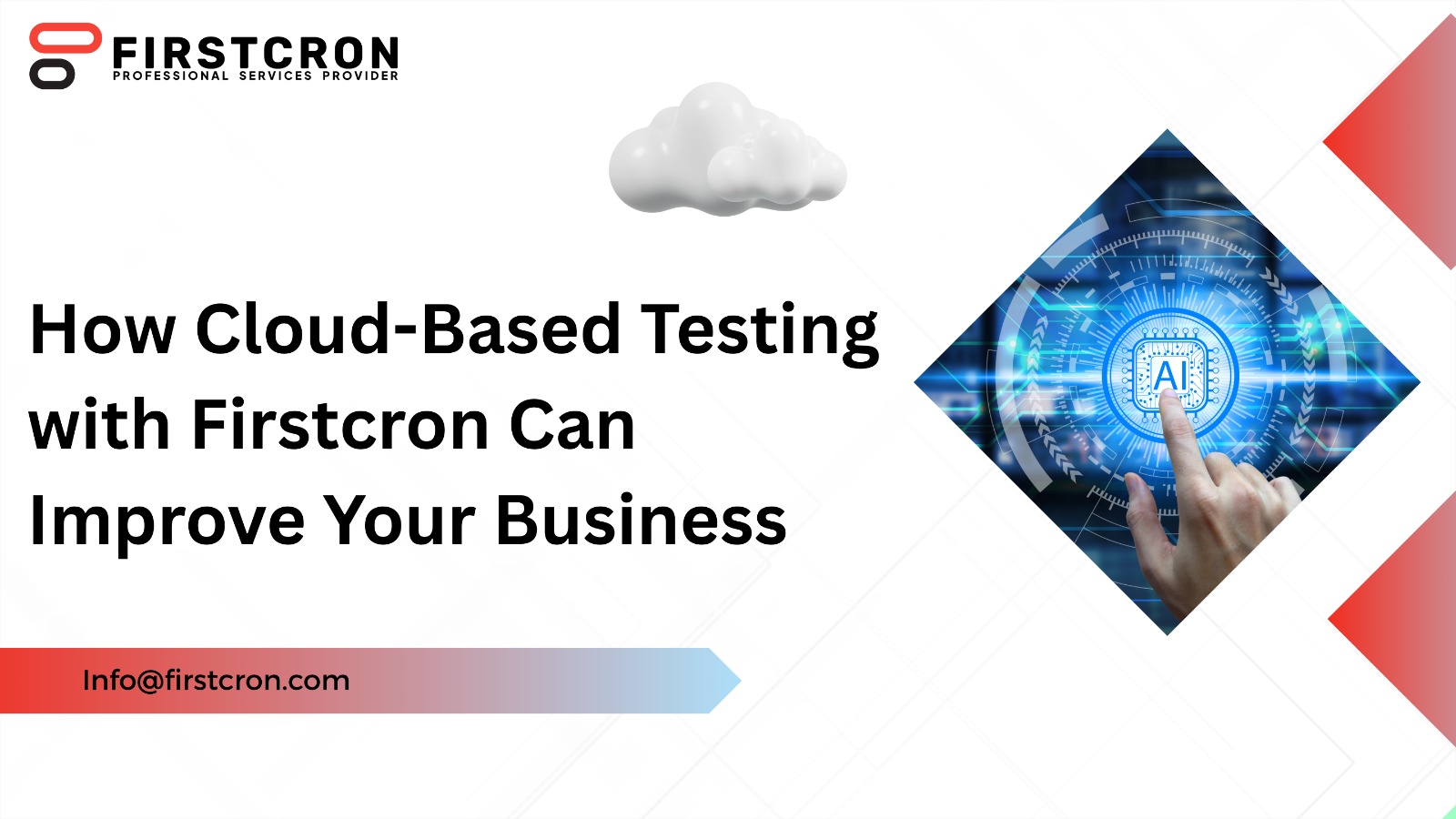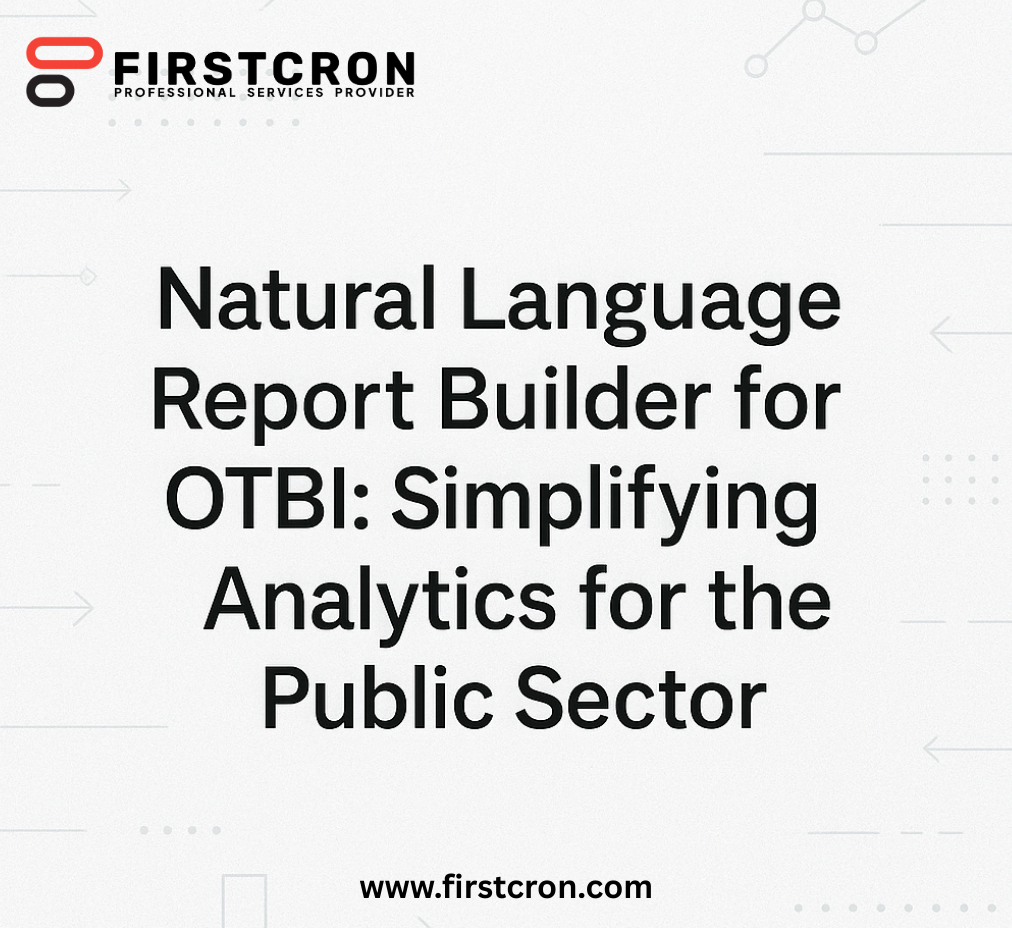
In today’s digital-first era, public sector organizations in the UK and US are under increasing pressure to deliver better services with fewer resources. From local governments managing payroll and social services, to universities analyzing student data, to healthcare organizations tracking staff and resource utilization, the demand for fast, accurate reporting has never been greater.
Oracle ERP remains a cornerstone of these institutions, enabling them to manage finance, HR, procurement, and operational functions with efficiency and compliance. However, while Oracle ERP is powerful, generating actionable insights from it through OTBI (Oracle Transactional Business Intelligence) can be a daunting task for many end-users.
The issue lies not in the capability of OTBI but in its complexity. For the average user—be it a university HR administrator, a hospital procurement manager, or a local government finance officer—building OTBI reports often requires specialized subject area knowledge. This dependency creates bottlenecks, increases support overhead, and slows down decision-making.
Firstcron, as a leading service provider in the UK and US markets, is addressing this challenge by deploying a GenAI-powered Natural Language Report Builder for OTBI, designed specifically to empower non-technical users across local government, higher education, public sector, and healthcare industries.
In this blog we’ll cover
- The Reporting Challenge In OTBI
- GenAI-Powered Natural Language Report Builder: A Game Changer
- Why This Matters For Public Sector Organizations
- Firstcron’s Role In Delivering Smarter OTBI Reporting
- Business Impact Of Natural Language Report Builder
- One Key List: Top Benefits Of GenAI-Powered OTBI Report Builder
- A Simple Table Of Use Cases
- Real-World Scenarios
- Positioning For The Future
The Reporting Challenge In OTBI
OTBI is a robust tool built into Oracle ERP, providing real-time insights across a wide range of transactional data. Yet, for many users, the experience can feel overwhelming. Reports require:
- Selecting the correct subject area (Finance, HR, Procurement, etc.)
- Understanding underlying data models
- Writing complex queries or applying filters effectively
- Designing outputs in a way that is meaningful and actionable
Consider a finance officer in a local government council who wants to see headcount distribution across departments. Without advanced OTBI knowledge, this request requires support from IT or reporting specialists. Each dependency increases turnaround time and adds to the support overhead.
In critical environments like healthcare, where time-sensitive insights about staffing, procurement, or resource allocation matter, these delays can have real-world consequences.
GenAI-Powered Natural Language Report Builder: A Game Changer
The GenAI-based Natural Language Report Builder for OTBI bridges this gap by making reporting intuitive, fast, and accessible. Instead of requiring technical expertise, users simply type their requests in plain English (or natural language).
For example:
- User prompt: “Show headcount by department for permanent staff this year.”
- GenAI engine: Automatically interprets the query, selects the right subject area (HR), applies relevant filters (permanent staff, current year), and builds the OTBI report instantly.
This approach has profound implications:
- No deep subject area knowledge required – The system interprets the intent behind the query.
- Instant report generation – Reports that once took hours or days to request and build are available in minutes.
- Democratization of analytics – Users across all roles, from administrators to managers, gain direct access to actionable data.
Why This Matters For Public Sector Organizations
Public sector institutions operate under unique constraints. They must balance tight budgets, strict compliance mandates, and the need to deliver seamless services to citizens, students, and patients. In this context, timely insights are not just a convenience—they are mission-critical.
- Healthcare organizations need quick staff utilization reports to ensure patient care is not disrupted by shortages.
- Local governments require financial transparency and reporting for regulatory compliance and citizen trust.
- Universities and higher education institutions rely on real-time insights for admissions, tuition payments, grants, and HR.
- Public sector agencies need procurement and budget tracking to manage taxpayer-funded projects efficiently.
By leveraging GenAI-powered natural language reporting, these organizations empower staff across departments to create reports without waiting for IT intervention, reducing dependency and accelerating service delivery.
Firstcron’s Role In Delivering Smarter OTBI Reporting
As a specialized Oracle ERP service provider in the UK and US, Firstcron integrates GenAI-driven natural language reporting seamlessly into OTBI environments. Our approach ensures that organizations can deploy this technology with confidence, backed by domain expertise and localized service delivery.
Key elements of our service model include:
- Integration with Oracle ERP environments – GenAI is embedded into OTBI workflows, not bolted on as an external tool.
- Contextual intelligence – The AI is trained on ERP-specific contexts, ensuring accuracy in interpreting user prompts.
- Continuous learning – Each user query refines the system, making future prompts more accurate and responsive.
- Localized expertise – With operations in both the UK and US, Firstcron understands the distinct compliance and reporting requirements in each region.
This makes Firstcron not just a service provider, but a partner in public sector digital transformation.
Business Impact Of Natural Language Report Builder
The measurable benefits of this GenAI-powered solution are significant for public sector organizations:
- Improved User Experience – Staff feel empowered and less frustrated by system complexity.
- Cost Efficiency – Reduces reliance on specialist resources, aligning with budget-conscious public sector operations.
- Faster Decision-Making – Leaders get real-time access to the data they need.
- Reduced Support Overhead – IT and reporting teams spend less time on routine requests.
- Democratization of Reporting – Any staff member can generate insights, not just technical experts.
One Key List: Top Benefits Of GenAI-Powered OTBI Report Builder
- User Empowerment – Staff across departments gain the ability to self-serve reports.
- Efficiency Gains – Report turnaround time drops from days to minutes.
- Lower Costs – Reduced dependency on specialized report writers and IT.
- Scalability – Supports growing data demands without increasing support overhead.
- Enhanced Trust – Timely, accurate insights improve transparency and accountability.
A Simple Table Of Use Cases
| Sector | Example Use Case | Impact |
|---|---|---|
| Healthcare | Staff utilization report | Better patient care |
| Compliance & trust | Payroll distribution report | Local Government |
| Higher Education | Admissions trend report | Data-driven planning |
Real-World Scenarios
To illustrate, here are examples of how GenAI-enabled reporting can transform operations:
- Healthcare: A hospital manager types, “Show available nurses by shift this week.” The system generates a detailed staffing report in seconds, helping avoid patient care disruptions.
- Local Government: A finance officer requests, “Show payroll costs by department for Q2.” The OTBI report is auto-built with the right filters, ensuring compliance with reporting standards.
- Higher Education: A university admissions officer enters, “Show student enrollment by faculty for the past three years.” The tool generates the trend analysis instantly, aiding strategic planning.
In each scenario, the need for technical subject area expertise is eliminated, and critical decisions can be made faster and more effectively.
Positioning For The Future
As digital transformation deepens across the public sector, the ability to access timely insights becomes a cornerstone of effective governance, education, and healthcare. Traditional approaches to reporting—where IT bottlenecks slow down decision-making—are no longer sustainable.
The GenAI-powered Natural Language Report Builder for OTBI represents a paradigm shift. It transforms Oracle ERP into not just a system of record, but a system of intelligence accessible to all.
For Firstcron’s clients in the UK and US, this means delivering on the promise of smarter, faster, and more inclusive ERP reporting, helping public sector organizations meet the dual challenge of budget efficiency and service excellence.
Tags
Related Post
Navigating Oracle Fusion HCM & Payroll Patch 25C: Key Issues And Solutions For UK Local Councils
July 26th, 2025 10 min read
7 Proven Oracle Fusion Testing Principles To Guarantee Defect-Free Cloud Deployments
May 16th, 2025 15 min read
Navigating Oracle Fusion HCM & Payroll Patch 25A: Key Considerations For UK Local Councils
July 27th, 2025 10 min read
7 Reasons Why Companies Are Moving From Taleo To Oracle Recruiting Cloud
June 2nd, 2025 14 min read
How End-to-End Testing Of Oracle Fusion Enhances Operational Efficiency In Banking
May 23rd, 2025 11 min read
5 Business Benefits Of Investing In AI-Powered Performance Oracle Fusion Testing
May 5th, 2025 11 min read
WEEKEND READS
Navigating Oracle Fusion HCM & Payroll Patch 25C: Key Issues And Solutions For UK Local Councils
July 26th, 2025 10 min read
7 Proven Oracle Fusion Testing Principles To Guarantee Defect-Free Cloud Deployments
May 16th, 2025 15 min read
Navigating Oracle Fusion HCM & Payroll Patch 25A: Key Considerations For UK Local Councils
July 27th, 2025 10 min read
7 Reasons Why Companies Are Moving From Taleo To Oracle Recruiting Cloud
June 2nd, 2025 14 min read
How End-to-End Testing Of Oracle Fusion Enhances Operational Efficiency In Banking
May 23rd, 2025 11 min read
Driving Compliance And Security With Smart Testing In Oracle Fusion
June 5th, 2025 9 min read
Future Proofing Enterprise Testing: The Role Of AI Driven Automation In Oracle Fusion
June 26th, 2025 7 min read
Smart Reporting In Oracle HCM: Use Natural Language To Build OTBI Queries
August 17th, 2025 20 min read
How Cloud-Based Testing With Firstcron Can Improve Your Business
June 9th, 2025 12 min read






